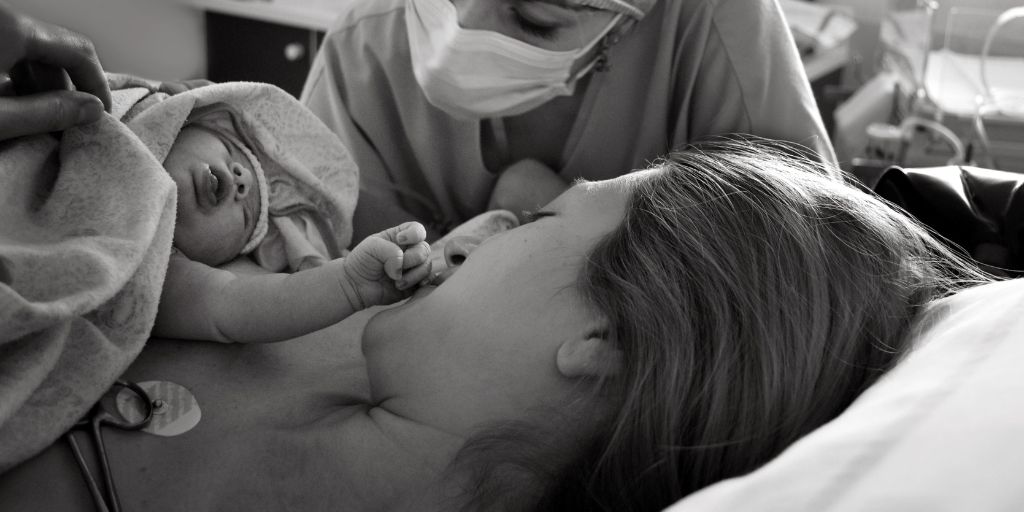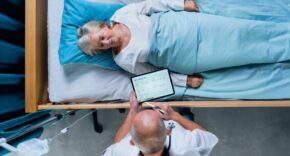
The rise of “freebirthing” highlights increasing concerns over labour risks and demonstrates the importance of seeking adequate medical support during childbirth
A concerning trend known as “freebirthing” has captured public attention. This practice, wherein expectant mothers choose to give birth without medical assistance, has surged in popularity. The procedure was initially driven by fears surrounding hospital visits during the pandemic and the suspension of home birth services in various regions. More recently, social media pages and influencers have been advising women to adhere to the trend.
Although legal, freebirthing has sparked apprehension among healthcare professionals, who have called attention to the inherent dangers of delivering without skilled birth attendant (medical or midwifery) supervision. Complications during childbirth can pose serious and emergency threats to both maternal and infant health, leading to traumatic births and emphasising the importance of highly trained professionals in ensuring safe deliveries.
Prof. Alison Fiander, Programme Lead for Women’s Health (MSc) at Learna, has expressed her concerns. She stated: “While it’s understandable that women may feel compelled to explore alternative birthing methods, it’s crucial to seek proper medical support.”
“Childbirth is a complex process that requires specialised expertise. Women opting for unassisted births must be made aware of the potential challenges and delays in accessing medical assistance if complications arise. Emergency intervention may be necessary, even for those at low risk.”
In response to these concerns, some women have opted to enlist the assistance of doulas during childbirth. However, while doulas provide invaluable emotional and physical support, they may lack the medical expertise necessary to address the possible complications that can arise during labour and delivery.
Prof Fiander continued: “The presence of a doula can offer comfort and reassurance during childbirth, but it’s important to recognise the limitations of their role. In some cases, midwife-led birthing units can serve as a middle ground, offering close access to consultant care if needed while maintaining a more homely environment than an obstetric unit. Ultimately, the safety and wellbeing of both the mother and baby should be the top priority, which necessitates the involvement of trained healthcare professionals.”
“As the prevalence of freebirthing continues to rise, it underscores the critical role of healthcare professionals, particularly midwives and obstetricians, in guaranteeing safe and effective childbirth. This trend stresses the importance of accessible healthcare services and comprehensive education for pregnant women, underlining the indispensable contribution of trained professionals in the healthcare industry.”












